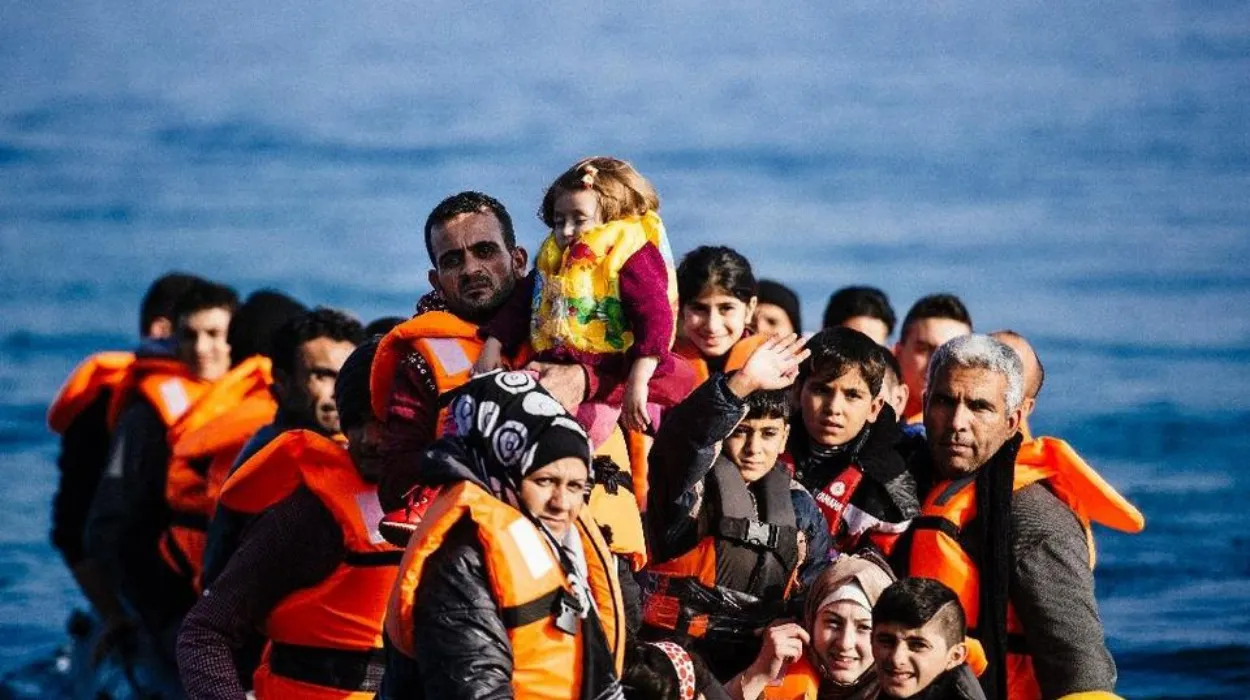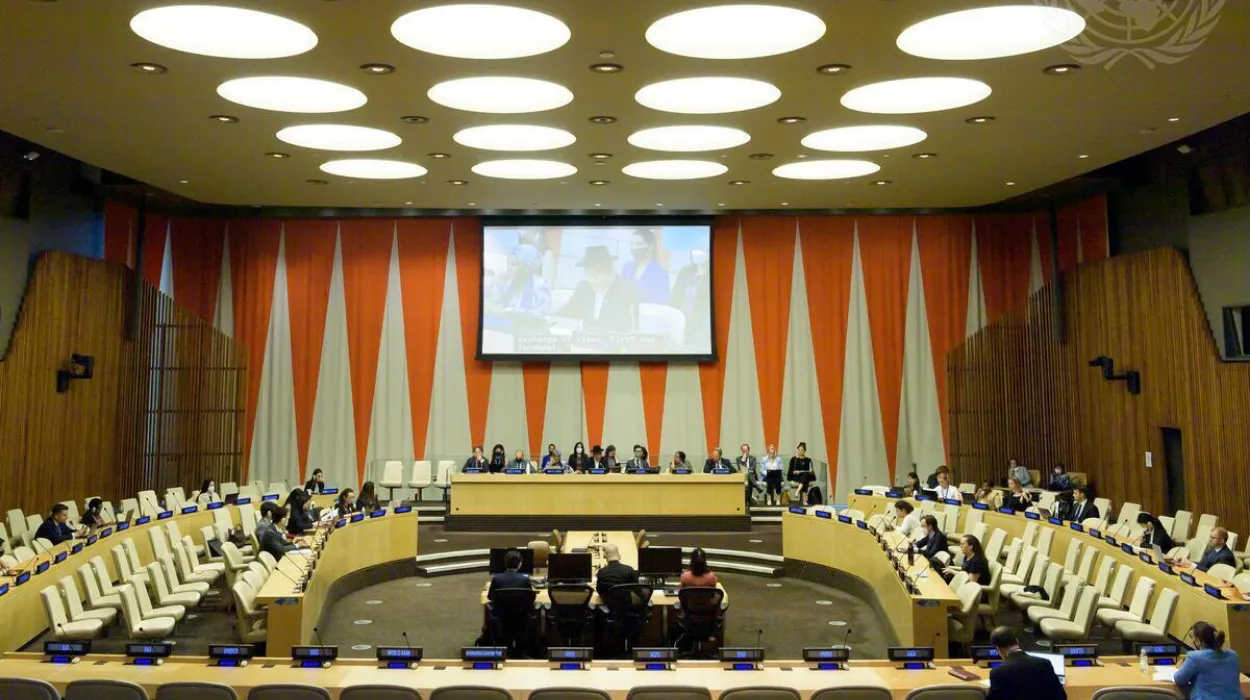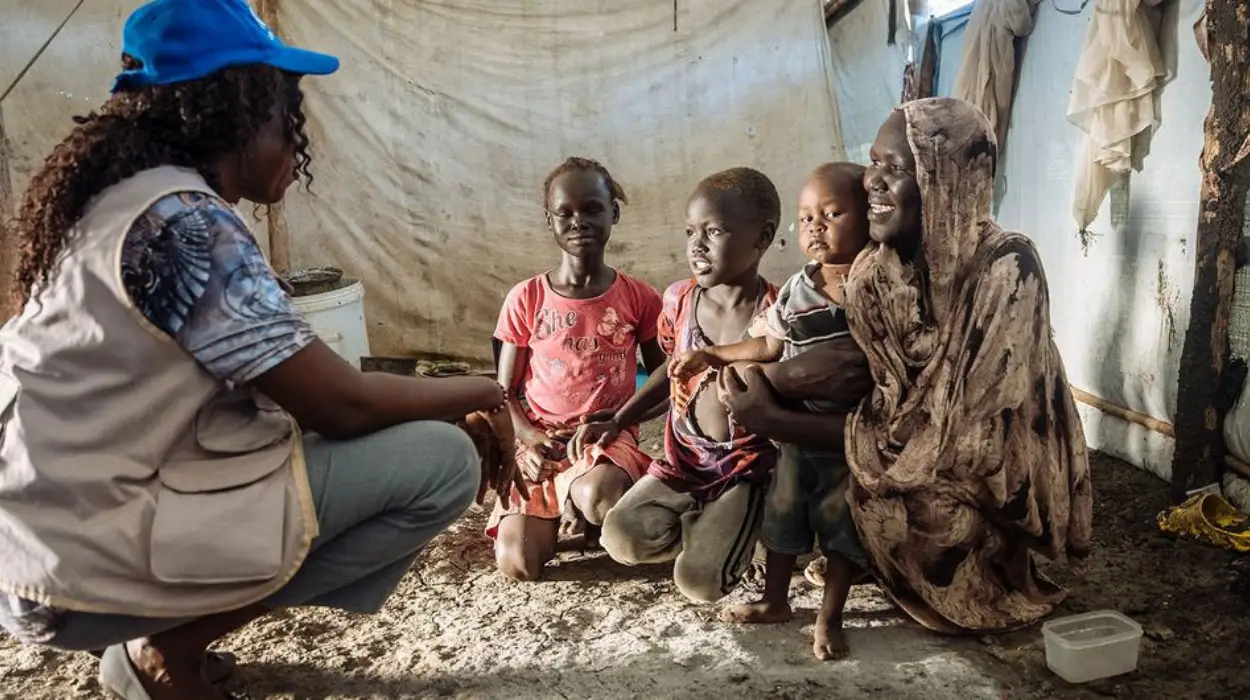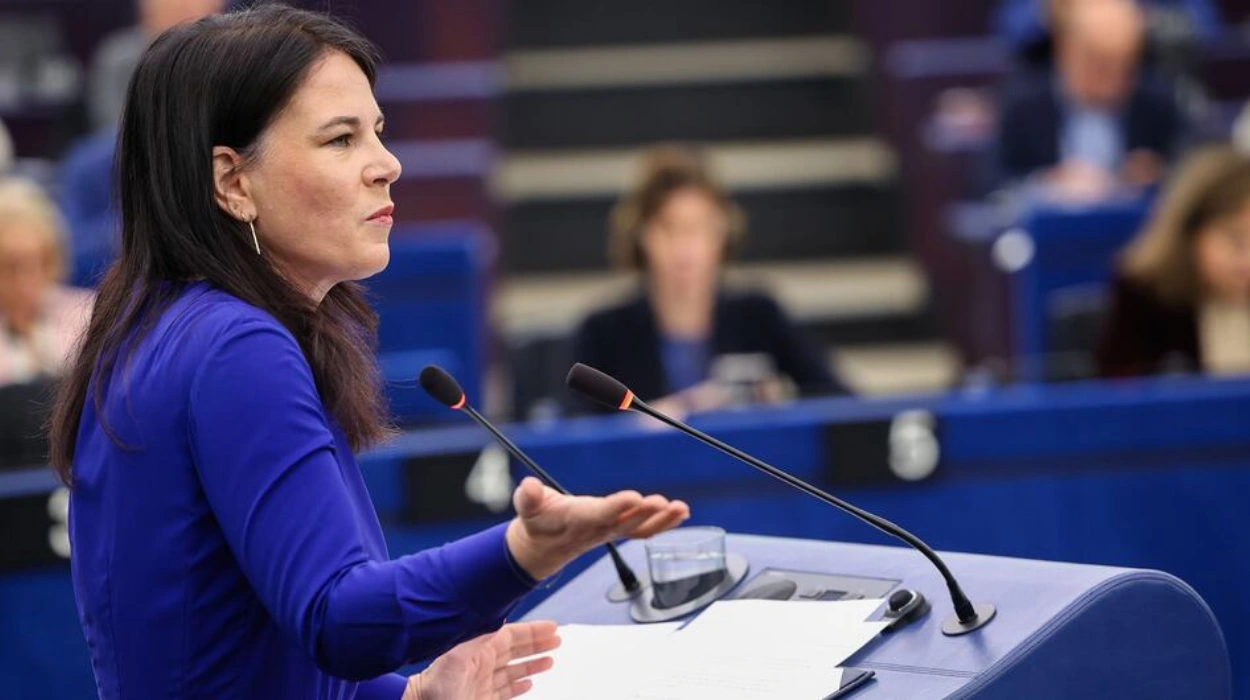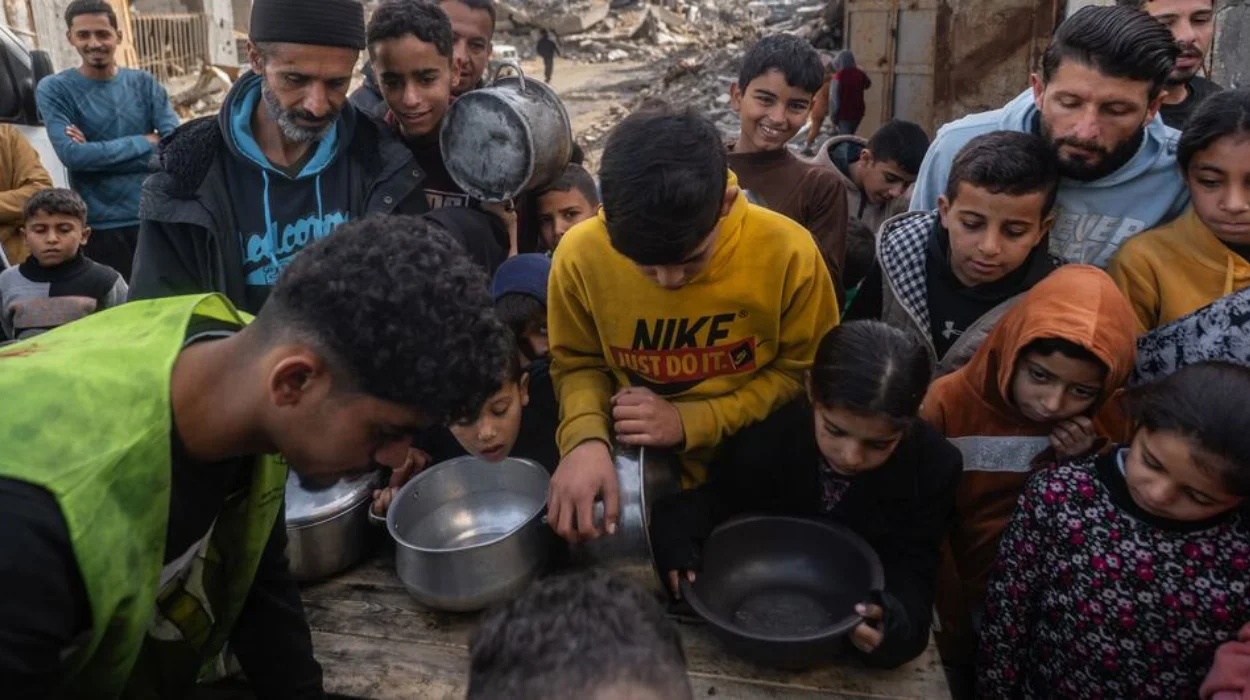The United Nations Committee on Civil and Political Rights (Human Rights Committee) conducted its periodic examination of France on October 23, 2024. Comité Vérité pour Adama and Assa Traoré were supported in their participation by ISHR. “La Vérité pour Adama” was founded by Assa Traoré, a female human rights advocate. For years, she has been fighting for justice and the truth for her brother, Adama Traoré, a Black Frenchman who was slain in 2016 while in police custody. She has experienced legal persecution as a result of her advocacy for an open inquiry to determine the gendarmes’ accountability for her brother’s murder and their prosecution. By concentrating on the case of Adama Traoré, the findings of the inquiry, and the associated processes, ISHR and Comité Adama sought to bring the Committee’s attention to the problem of police brutality.
Overview of police violence in France
It is a denial of justice for the French judiciary to have dismissed the case despite the established causal connection between Adama’s death and the acts of the three gendarmes involved. In the end, the three cops were found not guilty of any crimes since the force they applied to Adama Traoré complied with French law’s rigorous necessity and proportionality requirements. Adama’s killing, according to ISHR and Comité Adama, is part of a larger pattern of systematic racism in France and the disproportionate use of force against persons of African heritage. The two organizations emphasized how the French government is not fulfilling its responsibilities to protect the rights to life and non-discrimination. Additionally, they encouraged the Committee to bring up Adama Traoré’s case during the French review and to request information from the French State about the steps it has taken to wrap up the inquiry into his death.
Role of the human rights committee
The Committee brought up some issues about the overuse of force by law enforcement during the conversation with France. In particular, expert Tijana Surlan questioned the impunity in situations when people have been killed or seriously injured. She gave Adama Traoré’s case as a prime illustration. In addition, Surlan questioned France’s racial identification checks, racial profiling, and use of guns during police enforcement operations and requested information on reparations for the victims and their families. In general, France’s answers to the Committee’s inquiries were inadequate. Santos Pais, an expert, expressed his disappointment. In their partial responses, French officials just mentioned their legal system, the existence of stringent ethical standards, anti-discrimination training for cops, and rules regarding the use of force. Statistics on court cases against law enforcement officials, their results, and the punishments imposed were also provided by France. French officials, however, did not address claims of systematic racist police aggression or offer any insightful analysis.
Demands for accountability and justice
In response, the committee reiterated its concerns about the application of the necessity and proportionality rules that regulate the use of force. France was unwilling to confront the problem of police violence and to recognize the justifiable worries of ethnic minorities, as seen by their replies, which fell short of addressing the essence of the problem. We remember that in 2022, the Committee on the Elimination of Racial Discrimination recommended that France “conclude the investigation into the case concerning the death of Adama Traoré so that those responsible are brought to justice and appropriately punished.” The committee expressed concern about the case. One of our main suggestions was that French authorities make sure that inquiries into fatalities or injuries brought on by police operations are unbiased and independent. We also encouraged the Committee to insist on access to justice and sufficient compensation for victims of police brutality and their families. In their contributions, other civil society organizations advocated for these requests as well.
Impact on victims and communities
The Committee specifically urged France to make sure that any claims of excessive force are looked into quickly, completely, and impartially and that accountability measures, such as criminal prosecution, if necessary, are taken. The committee also reaffirmed how crucial it is to provide victims of police brutality and their families access to justice. Although acknowledging our suggestions is an important step in the pursuit of justice, it is only one aspect of the greater effort to solve France’s structural problems with police brutality. The French government must take decisive action to put the Committee’s concerns and recommendations into practice, even though they represent a significant recognition of the issue. On December 2, 2015, Babacar Gueye, a 27-year-old Senegalese man, had an anxiety attack and slashed himself with a table knife late at night in the impoverished Rennes district of the French town of Maurepas. When his companion phoned for an ambulance, Anti-Crime Squad police officers arrived instead. One of the cops shot Babacar five times as they entered the building, and he passed away in handcuffs within an hour.


